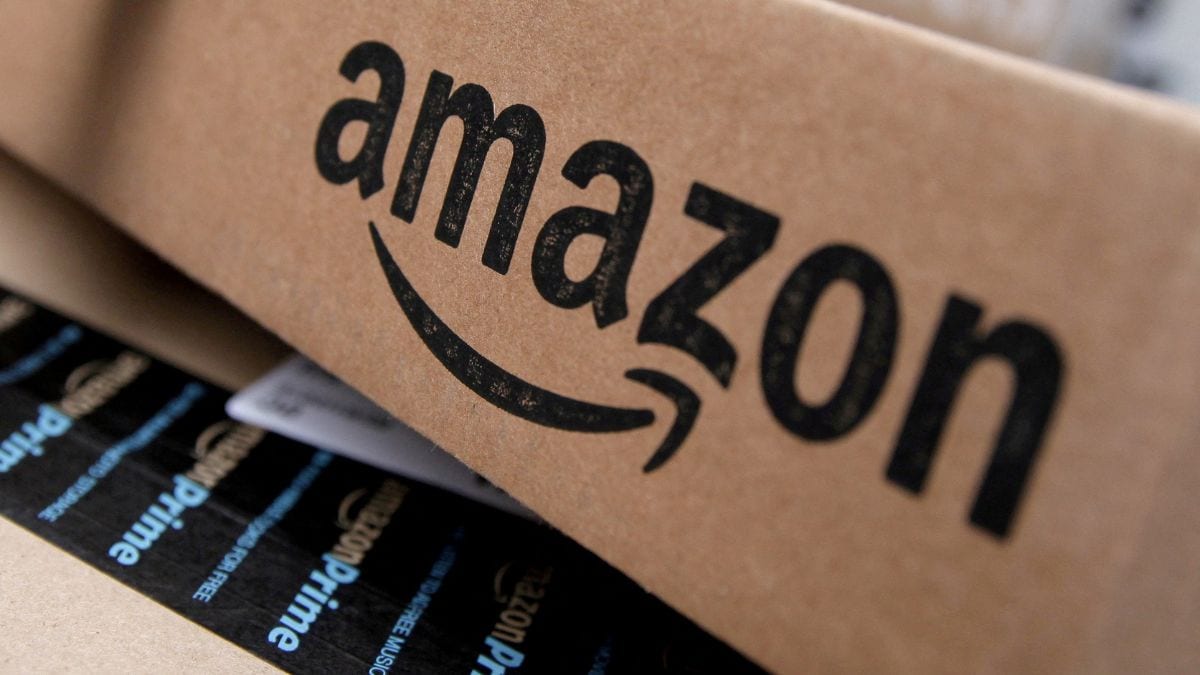
Amazon, Microsoft, and Intel said this week that customers were taking an axe to cloud and datacentre spending, in a further sign that large companies may be girding against an imminent recession. Cloud services for years has been one of the largest and most dependable sources of growth for some of the biggest tech companies, including during the pandemic as people worked and studied from home. Now investors are looking to see whether there is a glut in capacity that will lead to investment cuts as companies deal with rising costs amid soaring inflation, while interest rate increases have squeezed consumer demand. The strong dollar has been a particular headwind.
Growth in Amazon Web Services (AWS), the firm’s lucrative cloud unit serving enterprises, has ticked down consistently in the past four quarters, adjusted for changes in forex.
Net sales in the business grew 28 percent in the July-September period versus 39 percent a year earlier, the slowest since the fourth quarter of 2020. They fell short of a 31 percent average analysts’ forecast.
Amazon shares slumped 12 percent after the bell on Thursday after it forecast a slowdown in sales growth for the holiday season, erasing some $140 billion (roughly Rs. 11,54,000 crore) from its market value and capping a week of dismal earnings from global tech firms.
“The AWS slowdown is a clear sign that businesses are beginning to trim costs, so this will likely put more of a squeeze on Amazon’s bottom line in the coming quarters,” said Andrew Lipsman, principal analyst at Insider Intelligence.
Microsoft’s cloud business Azure, which had supercharged revenue growth at the software giant for years, dropped to 35 percent growth in the July-September quarter from 50 percent a year earlier, missing estimates of a 36.5 percent increase according to Visible Alpha.
The company projected another drop in the holiday quarter.
Alphabet’s Google Cloud revenue grew 38 percent in the quarter, beating estimates. That was a silver lining in an otherwise gloomy quarter but a far cry from the 45 percent growth the company posted a year earlier.
Europe, China drag
Speaking broadly about cloud deployments from AWS, Microsoft, and Google-parent Alphabet, YipitData research specialist Matt Wegner said: “We really first started to see (a slowdown) in April … and it’s continued. The European region is a source of weakness.”
Eurozone inflation is close to 10 percent and European Central Bank President Christine Lagarde on Thursday acknowledged that the risk of an economic contraction is on the rise due to soaring energy prices and higher interest rates.
Intel, which makes chips for data center customers including AWS, said third-quarter revenue from that business slumped 27 percent and profits were nearly wiped out. The business was hurt partly due to soft demand from Chinese enterprise customers, Intel boss Pat Gelsinger said.
The company cut its profit and revenue forecast for the year, reflecting economic uncertainty that Gelsinger said he expected to last into next year and that it was taking time to ramp up sales into datacenters.
Cloud services typically help companies save money so budget cuts in this sector could be especially worrying, indicating that companies think cost is king going into tougher times.
Businesses usually build out more cloud and datacenter capacity than needed and then wait for it to be absorbed, said Dean McCarron, president of Mercury Research, which tracks chipmakers.
“The “build more” happened in 2021 and we’ve been coasting down since then,” said McCarron. He added that he expects Intel’s datacenter weakness to be bottoming soon “though there are larger macroeconomic concerns about how much improvement we might see on the next growth cycle.”
© Thomson Reuters 2022
Apple launched the iPad Pro (2022) and the iPad (2022) alongside the new Apple TV this week. We discuss the company’s latest products, along with our review of the iPhone 14 Pro on Orbital, the Gadgets 360 podcast. Orbital is available on Spotify, Gaana, JioSaavn, Google Podcasts, Apple Podcasts, Amazon Music and wherever you get your podcasts.
Affiliate links may be automatically generated – see our ethics statement for details.
Read The Full Article Here
